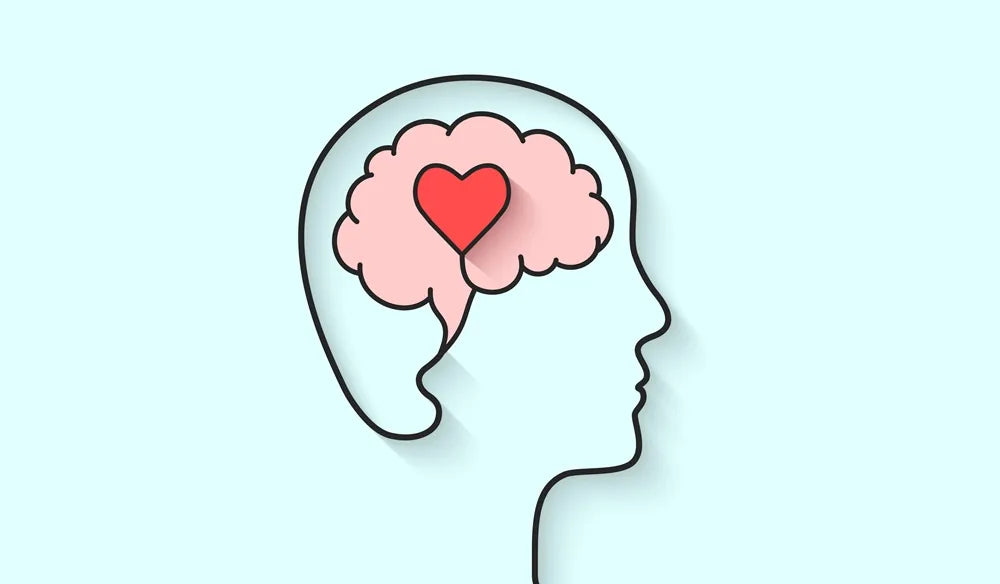
How running affects mental health: More than just exercise
Share
Running is known to be an excellent form of physical exercise, but the benefits don't stop there. In fact, running has a profound and positive impact on mental health and provides more than just a good cardio workout. Whether you're a seasoned marathon runner or a beginner, running can play an important role in improving your mental well-being. In this blog post, we will explore how running affects mental health and why it is more than just a form of exercise.
1. Running and releasing endorphins
A. "Runner's High"
Many runners have experienced the euphoric feeling often referred to as the "runner's high." This feeling is due to the release of endorphins, the body's natural "happy substance", which is produced during intense physical activity such as running. Endorphins provide a sense of well-being, reduce pain, and can significantly improve mood. This chemical reaction in the body can help fight stress, anxiety and depression.
B. Increased serotonin production
Running also stimulates the production of serotonin, a neurotransmitter that is important for the regulation of mood, sleep and appetite. Higher serotonin levels can help alleviate symptoms of depression and improve overall mental health.
2. Stress reduction through running
A. Natural stress relief
When you run, your body is forced to focus on your breathing and movements, which helps distract your mind from stressful situations. The rhythmic movement of running can have a meditative effect, helping to reduce cortisol levels in the body - the hormone that is often responsible for stress.
B. Better handling of challenges
Running also gives you a sense of control and mastery. When you complete a challenging run or reach a goal, this boosts your confidence and self-esteem, making it easier to deal with other challenges in life.
3. Improved cognitive function and mental clarity
A. Increased concentration and focus
Running contributes to increased blood flow to the brain, which can improve cognitive functions such as concentration, learning and memory. Many people find that they think more clearly and are more productive after a run.
B. Reduction of mental fatigue
Mental fatigue can often lead to exhaustion and reduced productivity. Regular running can counteract this fatigue by giving you an energy boost, which in turn improves your mental stamina and resistance to stress.
4. Running as a form of therapy
A. Coping with depression and anxiety
For people suffering from depression or anxiety, running can act as a form of therapy. Research has shown that regular physical activity, such as running, can be as effective as medication or talk therapy in reducing symptoms of mild to moderate depression. Running provides a structured activity that can break negative thought patterns and promote positive thinking.
B. Pastime and routine
Running can provide a sense of purpose and structure in everyday life. Having a regular exercise routine gives something concrete to look forward to, which can be particularly useful for those who struggle with depression or have difficulty finding meaning in daily activities.
5. Social benefits of running
A. Community and support
Running can also be a social activity that builds community and support networks. Participating in running groups, training clubs or competitions gives you the opportunity to meet like-minded people, share experiences and receive support. Social belonging is an important factor for mental health, and being part of a running community can reduce feelings of loneliness and isolation.
B. Motivation and accountability
Running with others can increase your motivation and give you extra drive to keep going, even on days when it feels heavy. Having someone to wait for you, or a common goal to work towards, can be crucial to maintaining a healthy exercise routine.
6. Running and sleep quality
A. Improved sleep
Regular running can help improve sleep quality, which in turn has a positive impact on mental health. Running helps to regulate the circadian rhythm, makes it easier to fall asleep, and improves the deep sleep that is important for recovery both physically and mentally.
B. Reduction of insomnia
For those who struggle with insomnia, running can be an effective method of reducing sleep problems. The physical exhaustion combined with mental relaxation after a run can contribute to a more relaxed state that makes it easier to fall asleep.
Summary
Running is far more than just a form of physical exercise – it's also a powerful tool for improving mental health. From releasing endorphins that bring happiness, to reducing stress and improving cognitive function, running has a number of mental benefits. It can act as therapy for those struggling with depression or anxiety, and create social bonds that strengthen the sense of belonging. In addition, running can contribute to better sleep, which is a fundamental component of good mental health. Regardless of level or goal, anyone can reap the benefits of incorporating running into their daily routine – for both body and mind.
